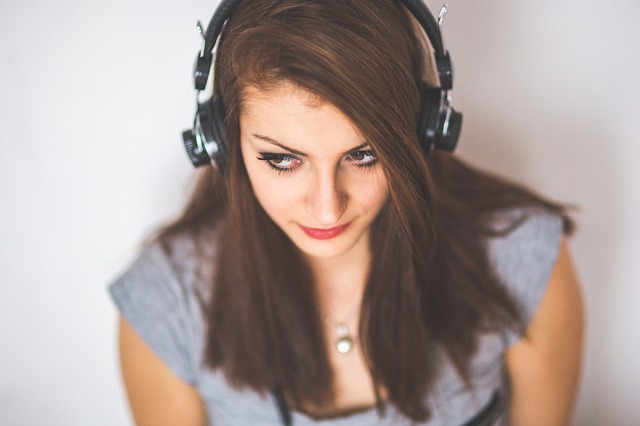An interesting article titled “Effects of Music Listening on Pre-treatment Anxiety and Stress Levels in a Dental Hygiene Recall Population” written by Thoma et al. appears in the International Journal of Behavioral Medicine (vol. 22, no. 4, pp. 498-505). The article discusses how waiting for a medical procedure can provoke anxiety in patients and lead to stress. In the article the authors perform a study to explore if patients waiting for a dental cleaning can have their anxiety reduced by listening to music.
The authors were motivated to perform their study because previous studies have shown that listening to music can reduce anxiety and stress. Other studies in hospital patients has also shown that listening to music prior to surgery reduces anxiety and can do so just as effectively if not better than pharmacological options like benzodiazepines. Furthermore, these prior studies have often neglected to use randomization, used small sample sizes, and were conducted in potentially unhealthy patients.

In their study the authors recruited ninety-two patients who were undergoing dental cleaning at the University of Zurich. All studied participants were at least 18 years old and understood the German language. On the day of the dental cleaning but prior to it being performed the study participants filled out a survey with demographic information. Based on this the participants were randomized into a group listening to music prior to the dental cleaning and a group that did not listen to music prior to the dental cleaning. In those listening to music they did so using headphones and the music lasted for 10 minutes. Before and after listening to music or simply waiting the participants completed questionnaires about anxiety, stress, pain, and mood. Those who were given music to listen to were able to enjoy the Miserere by Allegri which is soothing and calm. After the dental cleaning was performed all participants completed a dental anxiety questionnaire which was the State-Trait Anxiety Inventory (STAI) with scores ranging from 20 to 80. A visual analog scale (VAS) was also used to measure perception of stress. Further a mood questionnaire was given.
In the results the authors tested for normality of the data but did not find it so they used non-parametric method for statistical analysis. The authors found found a significant effect of music listening on anxiety when comparing anxiety levels of participants in the music group from before and after listening to the music. The anxiety levels in the control group did not change in a statistically significant way. Specifically the authors found that anxiety decreased by 9.26% when comparing those before and after listening to music. The authors also found a marginally significant decrease in stress levels for the group listening to music but this did not occur in the control group. The authors state
“We found that listening to music for 10 min was more effective in reducing state anxiety than waiting in silence. No effect of listening to music was found with regard to subjective stress or mood.”
In the discussion of the results the authors set forth some reasons why music could reduce anxiety. They mention the Entrainment theory which says that body rhythms are synchronized through entrainment processes with low and predictable rhythm of music which leads to lower adrenergic and neuromuscular arousal. Another possibility is that music may induce positive emotions that undo both negative emotions and the associated physiological arousal. The authors also state yet another possibility is that music serves to distract the individual from what is going on in this case the soon to be occurring dental cleaning.
The authors do mention that giving the participants the ability to choose their own music may have changed the results. The authors chose music that was mostly unknown to the study participants as music one is familiar with can provoke greater emotional responses. The authors state
“…it may be that individual memory and subjective associations associated with familiar music is responsible for the increased effect and not the intrinsic qualities of the music itself, in which we were particularly interested”
Based on the results of their study the authors recommend earphones be made available for patients to listen to music while waiting for their dental cleaning appointments as this may decrease any anxiety they are experiencing. The authors are not sure if such results can be extended to listening to music through speakers in a dental office.
